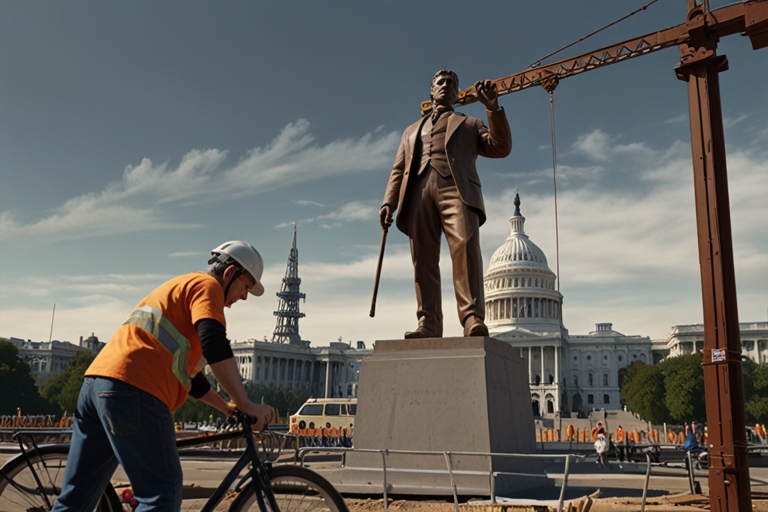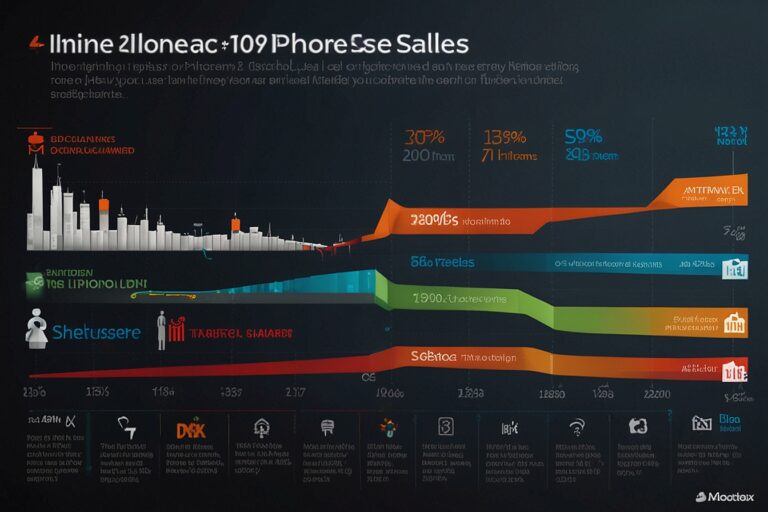
TL;DR
- A minor tax-free bike commuting benefit faces permanent elimination under the GOP budget bill.
- The bill includes $40 million for Trump’s proposed “National Garden of American Heroes.”
- Sen. Lisa Murkowski (R-AK) secured special carve-outs for Alaska, dubbed the Kodiak Kickback.
- Critics argue these “sweeteners” reflect ideological contradictions and cultural priorities.
- Meanwhile, the bill slashes Medicaid, food assistance, and urban aid programs.
Cycling Benefits Get Axed in New GOP Proposal
A small but symbolic benefit—the qualified bicycle commuting reimbursement, once offering a $20/month tax break to workers who biked to their jobs—faces permanent elimination under the new GOP budget bill. Originally suspended during Trump’s first term, the perk had aimed to promote healthier commutes and reduce emissions.
Its removal aligns with a larger trend of targeting urban-centered, environmentally progressive policies that Republican lawmakers often characterize as elitist or ideological. The benefit’s removal comes as part of a 900-page bill that slashes the social safety net and redirects federal resources.
Meanwhile, $40M Earmarked for Sculpture Garden
In stark contrast, the same bill allocates $40 million to establish a National Garden of American Heroes—a pet project of former President Donald Trump, featuring 250 life-sized statues of historic American figures.
The garden, which Trump first proposed in 2020 following widespread monument removals, is intended to be completed by July 2026, the 250th anniversary of U.S. independence. However, according to Politico, the tight deadline may require outsourcing to Chinese foundries, raising eyebrows among “America First” conservatives.
Ironically, the project’s funding will be channeled through the National Endowment for the Humanities (NEH)—an agency Trump previously sought to eliminate. The NEH has since laid off 66% of its staff and canceled over 1,000 grants to accommodate the new mandate.
POLITICAL PRIORITIES IN THE GOP BUDGET
| Provision | Funding/Change | Impact | Source |
| Qualified bike commuter benefit | Eliminated permanently | Removes $240/year incentive per worker | IRS |
| National Garden of American Heroes | $40M | 250 statues, Trump legacy project | Politico |
| Medicaid work restrictions | Expanded | Reduces eligibility in urban areas | CNN |
| Kodiak Kickback (Alaska-specific perks) | Multiple carve-outs | Benefits Alaska fisheries and whalers | CNN |
| Rural hospital bailout | Included | Mitigates Medicaid cuts in GOP-leaning areas | Groundwork Collaborative |
Alaska Carve-Outs Secure Crucial Vote
A major reason for the bill’s Alaska-centric carve-outs is the need to win over Sen. Lisa Murkowski (R-AK). Her concerns over work requirements for Medicaid and food program restrictions led GOP leaders to add state-specific tax exemptions and credits, widely dubbed the Kodiak Kickback.
Among the benefits for Alaska:
- Meal tax deductions on commercial fishing vessels
- Tax exemptions for rural fishing villages
- Expanded deductions for traditional whaling boat captains
These items show how targeted financial incentives are used to shore up support for otherwise controversial legislation.
Culture War Meets Budgetary Policy
According to Alex Jacquez, chief policy strategist at Groundwork Collaborative, niche items like the commuter cycling cut reflect deeper cultural battles:
“This is less about saving money and more about political signaling. Biking is seen as a ‘green’ activity, associated with urban liberals, so it’s an easy target.”
While GOP lawmakers also included a rural hospital bailout, such gestures do little for cities like New York, where nearly half the population is enrolled in Medicaid. The GOP’s efforts to shield rural voters from the downsides of the bill stand in contrast to the punitive measures aimed at urban populations.
Mega-Bills and the Art of Political Sweeteners
As Jacquez notes, massive budget bills like this one tend to bundle disparate policy pieces to appease various wings of the party. These “sweeteners”—like a sculpture garden or fishing tax deductions—are aimed at securing votes from fence-sitting legislators.
“When we do policy-making through reconciliation mega-bills, you have to stuff in everything you can to get your coalition on board.”
This approach leads to a disjointed mix of symbolic victories and strategic appeasements, often at the expense of coherent policy or fiscal restraint.
Implications for Urban and Low-Income Americans
While $40 million for statues may seem trivial in a $3.3 trillion package, critics argue that every dollar counts when paired with sweeping cuts to food stamps, housing support, and Medicaid.
“That’s $150 million not going to be spent on food assistance,” Jacquez said. “These things add up when every cent allegedly matters.”
The bill highlights how political symbolism can override policy substance, especially in a divided Congress seeking to balance culture war priorities with economic agendas.
Conclusion: Budget Choices Reflect Political Values
The proposed elimination of bike commuter benefits—while funding patriotic statues—illustrates how budgetary decisions are increasingly shaped by cultural narratives. From Alaska tax breaks to green policy eliminations, the GOP’s latest mega-bill reflects a patchwork of ideological compromises that reveal what gets prioritized in today’s legislative battles.




